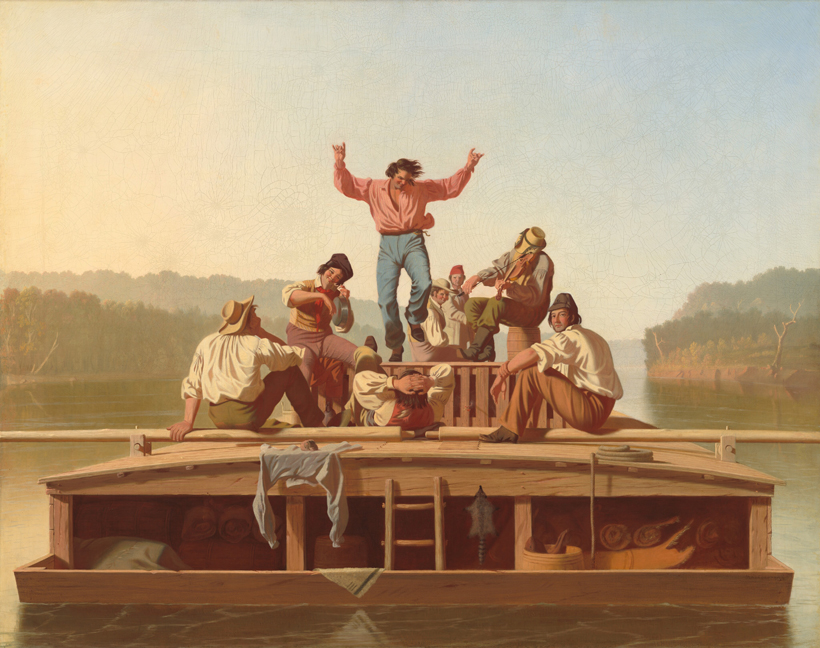On this week’s Dispatches host Brady Crytzer interviews architect and JAR contributor Douglas R. Dorney, Jr., on his research about Capt. John La Boularderie De Treville, a South Carolina Continental artillery officer and British spy, and his surprising decision after the British surrender.
Thousands of readers like you enjoy the articles published by the Journal of the American Revolution. Dispatches is a free podcast that puts a voice to the writing in JAR, and features both contributors to the journal and other persons involved in writing, researching, and providing public outreach on this most important period of history.
As your host Brady Crytzer says, “Sit back, relax, and enjoy the interview. . . .”
New episodes of Dispatches are available for free every Saturday evening (Eastern United States Time) on iTunes, Stitcher, Google Play, and the JAR Dispatches web site. Dispatches can now be easily accessed on the JAR main menu.
Thank you, as always, for listening.









2 Comments
The article on Jean de la Boularderie de Treville (mis-stated as “John”) bears an eye-catching but erroneous headline. The research cited throughout this article reveals a lack of knowledge of the de Treville family and history, with numerous factual errors. The conclusions cited by the author are that no one really knows, or can know, what exactly Major de Treville was doing on various trips cited. The reality is that—throughout the history of South Carolina—the family that Major de Treville established in Beaufort has enjoyed high reputation, married into the finest of families across the region, and produced scholars, lawyers, judges, legislators (the lieutenant governor of SC, Major de Treville’s grandson, also signed the Declaration of Secession in 1860). While the family enjoyed great wealth before the Civil War, that has long been gone, yet the family retains a high reputation. Over all these years, this is inconsistent with the conclusions offered by this author.
Patricia,
Thank you for your comments. I meticulously researched the information contained in my article. The information contained therein is almost entirely from primary source material like the published letters of Nathaniel Greene and newspapers from the 1780’s. There was a substantial amount of information I chose not to include because I did not trust it or it conflicted with a primary source. Any speculation about “why” he may have been in one place or another or of his actions is purely my own. I take no exception to comment about the family being held in high regard as I only mentioned his descendants briefly. Your notes about the family correlate with my own research. But again the article was not about the family by and large.
You mention an “erroneous headline, a lack of knowledge of the de Treville family and history, with numerous factual errors”. What specifically are these errors in regard to the headline or the body of the work?